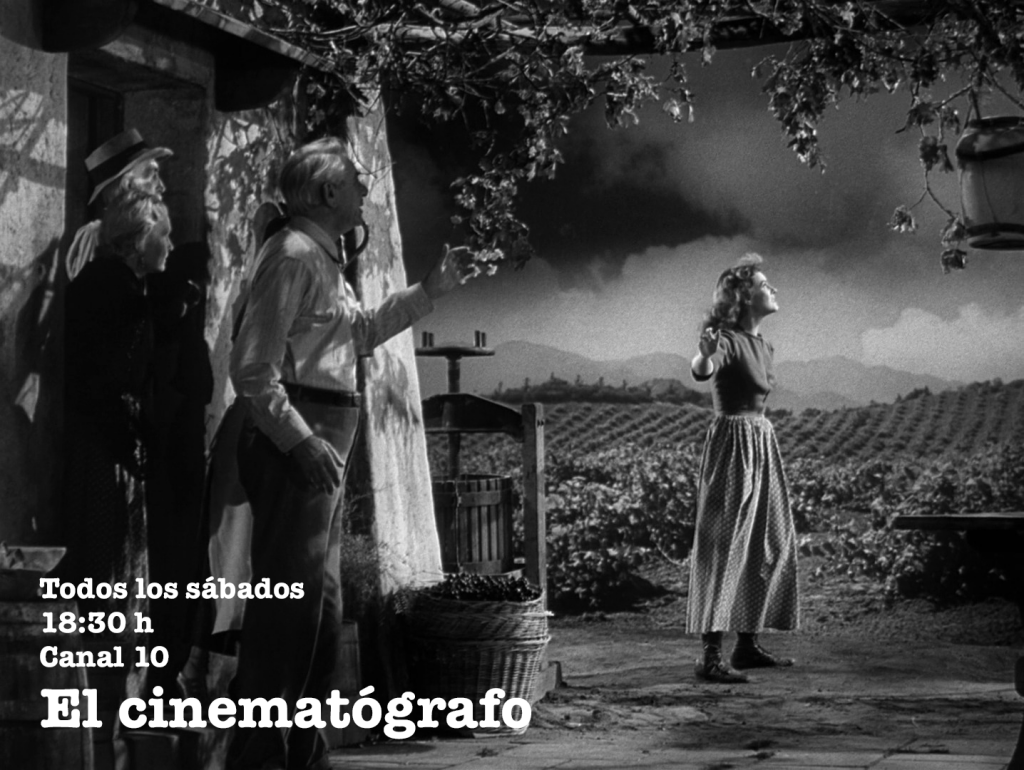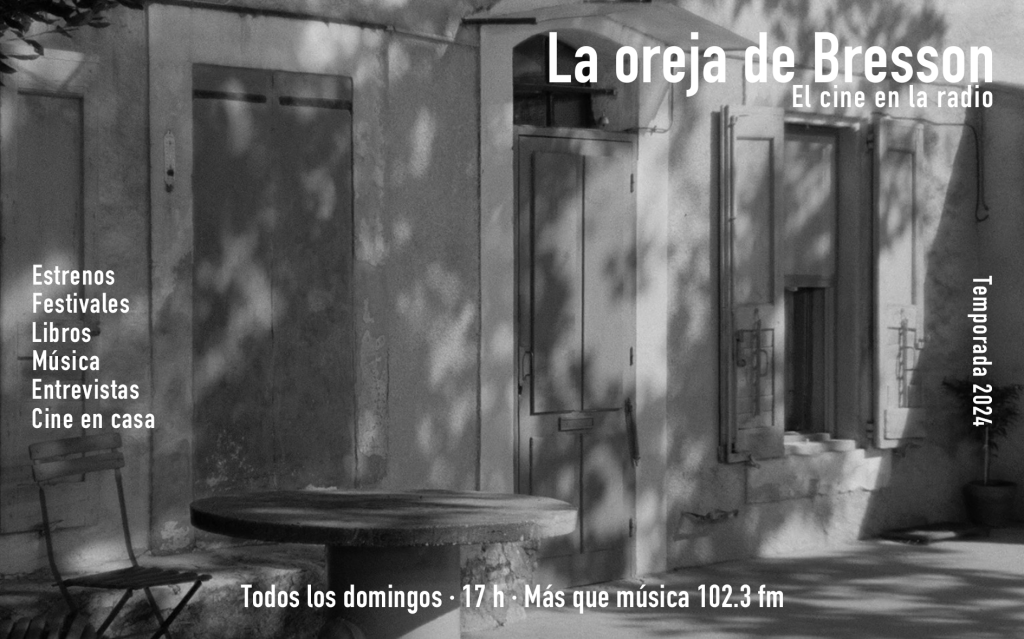
BOB’S COLUMN: THE THIRD AMIGO AND HOW HE WON—AND MAY LOSE
They’re having their post-Oscar party in Mexico. First, Cuarón. Then, Iñárritu (twice—consider that one). Now, Del Toro. Please note that all of the “Tres Amigos” (or, as they’re called in the States, “The Three Amigos”) mainly visit Mexico and don’t really live there anymore, although of the three, Cuarón remains the most rooted, having filmed his work-in-progress, Roma, in the famed Mexico City district of the same.
Of the three, Del Toro is most deeply imbedded in the Hollywood system (he has made the templates for two “tentpole” franchises, Hellboy and Pacific Rim, as well as TV episodes of “The Simpsons” and “The Strain”), not having made a purely Mexican movie since Chronos. (Iñárritu is right there with him in the Hollywood popularity pantheon, now winning even more Oscars including a special one for his horrific VR extravaganza, Carne y Arena, and appearing as a star director in one of the Oscar show’s promotional clips.)
Part of the explanation for the U.S. Academy awarding The Shape of Water with best picture and director statuettes is Hollywood’s longtime adoration of Del Toro as the lovable film geek, a fan boy supreme in the Era of the Fan Boy. He has a well-honed skill for delivering the perfect quote for the fawning American entertainment press, most of whom have never seen Chronos. He refers to himself as “an immigrant,” a typically shrewd and calculated one-liner: He is quite aware of the churning controversy in the U.S. regarding immigrant “Dreamers,” those thousands of grown children born in the U.S. of immigrant parents who illegally entered the country, now on tenderhooks as the Trump Administration and the U.S. Congress fiddle and delay on legislation that can solidify their internal, hopefully legal, status. He thus facilely aligns himself with The Other, and therefore not only a maker of easy popular entertainments, but also “political” and even “anti-Trump,” but without the hard polemical edge, which guarantees good will in Hollywood.
He’s the cuddly bear that all of the American movie business loves to cuddle. A Los Angeles Times headline following his Oscar triumph proclaims, “A boy’s creature comfort,” and he sells the movie’s heart this way, in the way that all Hollywood producers and agents adore: “It’s passionate about the movies because I’m passionate about the movies. Movies gave me life. Movies saved my life.”
With quotes like that, how can you not love the guy? It goes further: To not love Del Toro is to be an ingrate, a jerk, even a hater of movies. It’s a clever trick, and it’s worked. Something is telling in all of this. While I noticed that the entertainment press was generally fawning over the Third Amigo, it took a non-entertainment writer, the great statistical and poll analyst, Nate Silver, to comment that The Shape of Water will likely be forgotten in 15 years, “the Chester A. Arthur of best picture winners.” Silver, not one to be seduced by Del Toro’s quote machine, cuts through to the essence, and he’s almost certainly right in his prediction. Academy voters have picked yet another irrelevancy.
Yet there’s something darker here that may play itself out soon, possibly in U.S. courts. David Zindel, the son of playwright Paul Zindel, has sued The Shape of Water’s production company, Fox Searchlight (the specialty studio division of 21st Century Fox), for infringement of copyright. Zindel and his family claim that The Shape of Water is essentially a product of plagiarism. They have cited nearly 70 specific points of commonality between the movie and Zindel’s 1969 one-act play, “Let Me Hear You Whisper,” which was produced twice for U.S. public television broadcast (and can now be seen on YouTube). One of the better summaries of the case and the claims can be found here (this link to Time magazine).
It’s crucial to note here that while many past Oscar nominees and winners have been the target of similar lawsuits, few if any have the substance of the Zindel suit. A close study of both works raise unavoidable questions about the movie’s actual originality, including the extremely troublesome thought that the screenplay by Del Toro and Vanessa Taylor, based on a story “idea” by Daniel Kraus, isn’t just a crafty copy—with a few key differences to throw trackers off the scent—of “Let Me Hear You Whisper.”
This is serious stuff. Plagiarism is, as they say, a firing offense. I have witnessed university students kicked out of school for it. Great careers have been derailed because of it. In art, the art of the steal is part of creativity’s legerdemain, and Del Toro has openly trumpeted his borrowings and inspirations from that start of his fan-boy filmography. In this case, his claimed inspiration is Creature From the Black Lagoon; certainly, one look at the water creature with whom Sally Hawkins’s mute cleaning lady falls in love is a close cousin to the Creature. But Zindel’s suit cites countless story items, plot details, myriad oddities (cat killings); there are other “tells,” as they say in poker, such as the fact that the Zindel play features the tune, “Let Me Call You Sweetheart” (directly referenced in the play’s title).
There’s one category, beloved in cinephilia, of inspirations and affectionate quotations; there’s another, in which The Shape of Water may reside, of outright theft. Although the vast majority of the American entertainment press has chosen to ignore this rather extraordinary—and now, important—story, it’s possible that the U.S. legal system will not.
Robert Koehler / Copyleft 2018






Últimos Comentarios